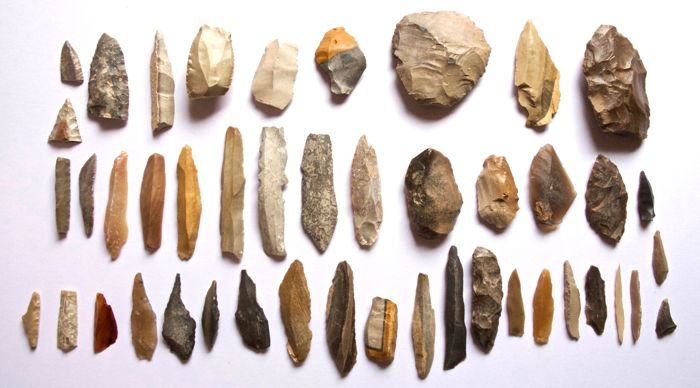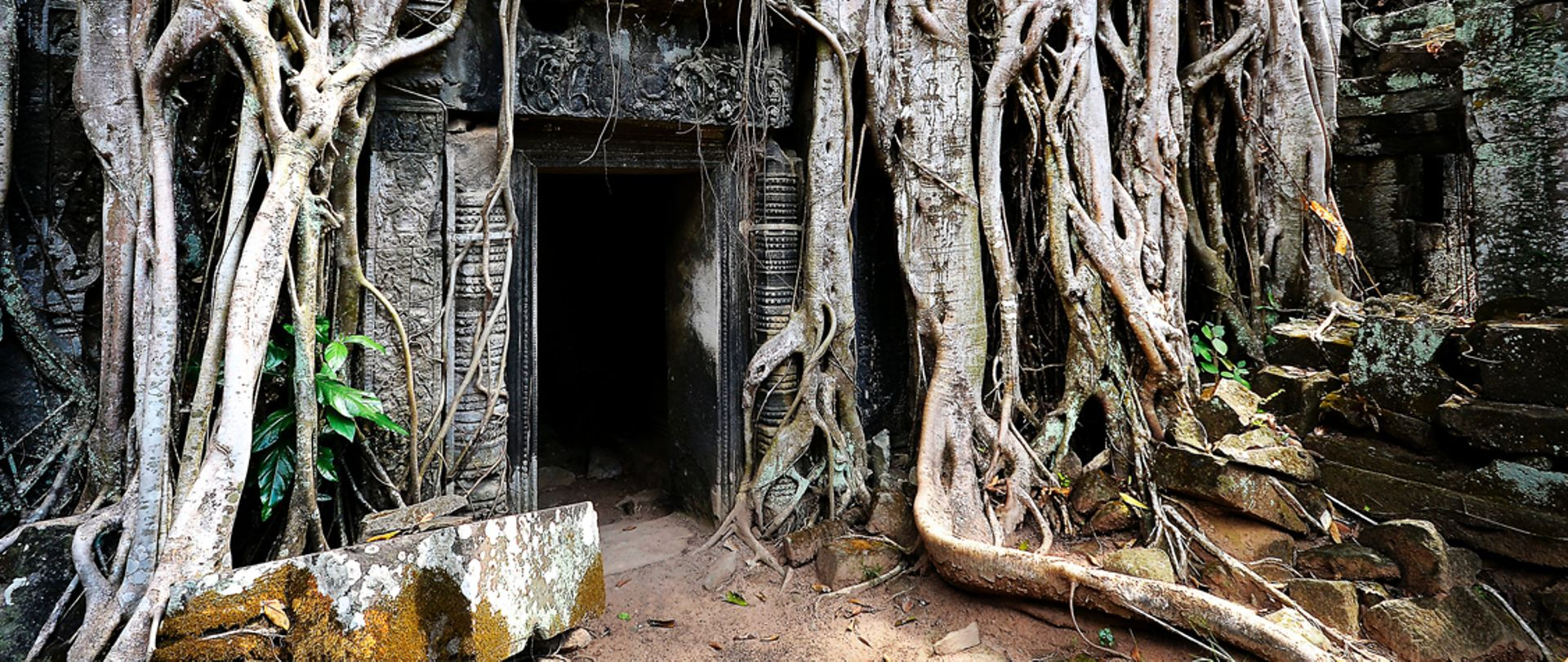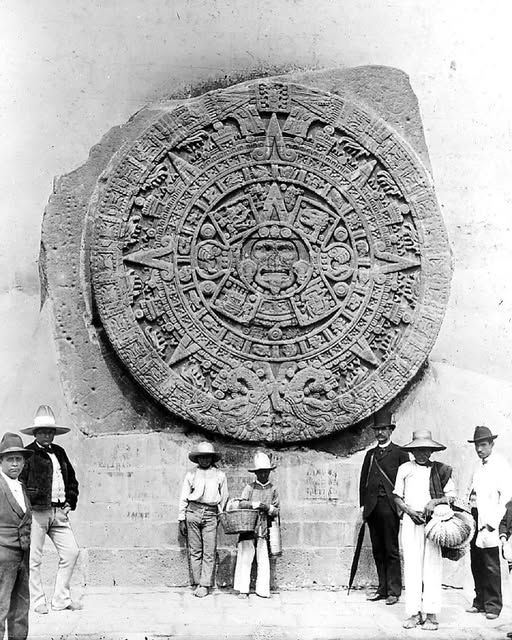A new claim by an archaeologist just off the coast of Cádiz, Spain—mere miles from the Strait of Gibraltar—is once again bringing the ancient legend of Atlantis back into the spotlight.
In his Socratic dialogues Timaeus and Critias, Plato describes a wealthy and technologically advanced island civilization with a powerful navy—Atlantis. Said to have existed roughly 9,000 years before Plato’s time, Atlantis was home to massive temples and immense harbors. According to the story, the mighty city was eventually swallowed by the sea, disappearing around 11,600 years ago.
While most scholars consider Atlantis a philosophical allegory or symbolic myth, archaeologist Michael Donnellan now believes he has located evidence of the real civilization, according to a report by the Daily Mail.
The Discovery Beneath the Waves
Donnellan presented his findings at the Cosmic Summit in North Carolina—a festival focused on alternative archaeology and hidden histories. As part of his presentation, he also premiered a documentary showcasing his expedition.
Over the past eight years, Donnellan has explored the area using advanced technologies like sonar and LiDAR, mapping what appear to be long, linear structures on the seafloor. These formations include a series of enormous circular walls, each over six meters (20 feet) high, arranged in a clearly organized pattern.
According to Donnellan, the second and third walls appear to be “completely displaced,” with scans showing they had broken into two sections. Between these outer walls, the team identified elaborately carved canals, and at the center, a rectangular monument—which Donnellan believes closely resembles Plato’s description of the Temple of Poseidon, possibly marking the capital of Atlantis.
“We Call It the Great Ancient Atlantic Culture”
“We call it the Great Ancient Atlantic Culture—it’s easier for people to believe in that,” Donnellan told the Daily Mail. “I think it’s a gateway for the world to gradually begin taking Atlantis seriously,” he added.
In scenes from the documentary, Donnellan and his team are seen diving in murky waters, quickly coming face-to-face with what appears to be the first wall. The archaeologist describes the submerged structure as having sharp right angles, flat surfaces, and a uniform width of several feet. Upon closer inspection, the wall appears to be built of cut and carefully stacked stones.
“It matches Plato’s words exactly,” Donnellan insists. “He says it came from beyond the straits in a region the Greeks knew 2,400 years ago as Gades. We know perfectly well today that Gades is modern Cádiz, the oldest continuously inhabited city in Western Europe.”
Whether Donnellan’s claim will hold up to scientific scrutiny remains to be seen, but the idea of a long-lost civilization beneath the waves continues to captivate public imagination. If validated, his discovery near Cádiz could become one of the most significant archaeological revelations in modern history.







